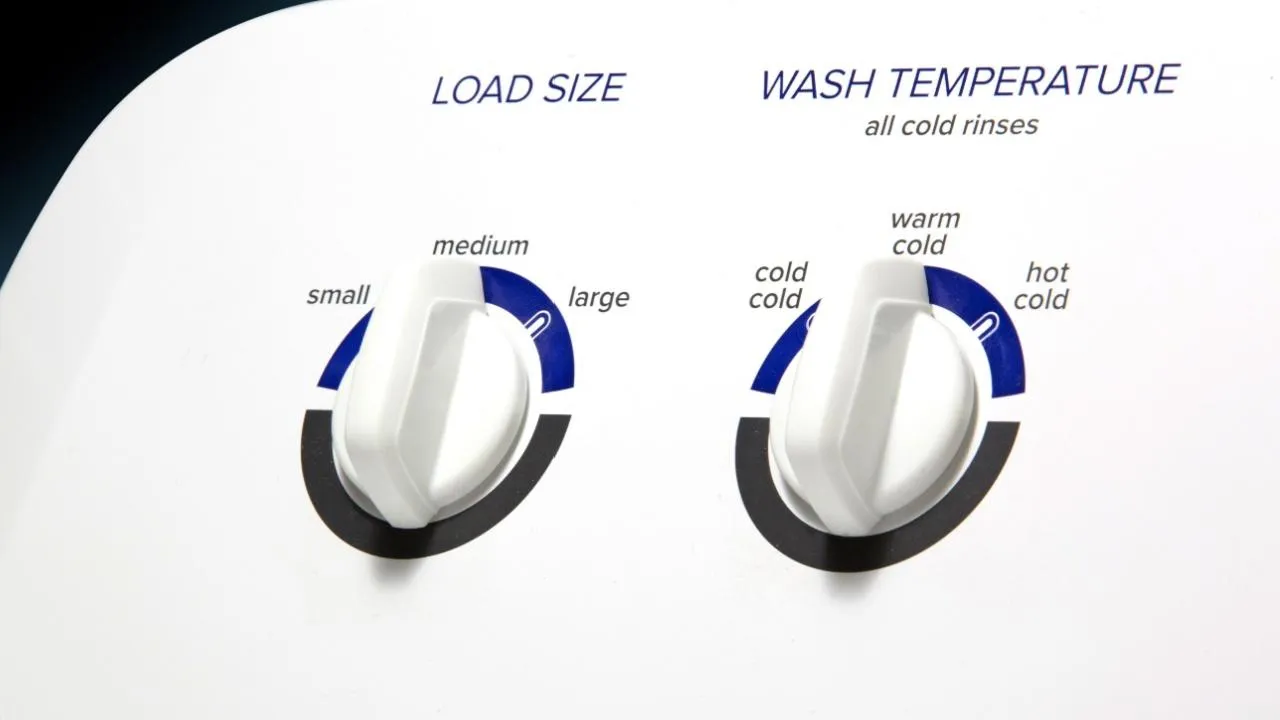Cold Water Washing: Is it effective?
20th October 2024

Cold Water Washing
Cold water washing has become a popular trend in laundry care, with advocates claiming it’s eco-friendly and cost-effective while still effectively cleaning clothes. However, some remain unconvinced. Is washing with cold water really the best option? As with many things, the answer varies depending on the situation. Here’s what you should consider.
Energy Efficiency
There’s no denying that cold water washing helps conserve energy. About 75% of the energy used in washing clothes goes toward heating the water. According to Consumer Reports, washing in cold water could save the average household around $60 a year.
Energy savings can differ depending on your location. On a hot summer day in Louisiana, the “cold” water may already be warm, whereas in colder climates, during the winter, you might need to warm the water just to get it to flow correctly. For laundry, cold water is generally considered to be around 60°F. If the temperature drops too much below that, even cold-water detergents may struggle to clean effectively.
The Science of Surfactants
Surfactants are the active ingredients in detergents that are key to cleaning. Each surfactant molecule has a hydrophilic end, which attracts water, and a hydrophobic end, which repels water and clings to dirt. The hydrophobic end attaches to grime, while the hydrophilic end keeps the dirt suspended in the water until it is rinsed away. Traditional surfactants in detergents typically require warm or hot water to work effectively, while cold-water detergents contain enzymes and other additives that function well even at lower temperatures.
Level of Soiling
While cold water washing is effective for most laundry, it isn’t appropriate for all items. For example, towels and bed sheets can contain bacteria, so washing them in warm or hot water is recommended for proper sanitization. The higher temperature provides extra cleaning power in these situations.
Cold Rinse Benefits
Experts agree that cold rinsing is always a good option regardless of the temperature you use for washing. Cold water removes detergent and residue just as effectively as warm water, and there’s no added cleaning advantage in the rinse cycle when using warmer water.
Final Thoughts
Cold-water washing can help conserve energy and is usually effective for regular laundry when paired with cold-water detergent. However, warmer water is still better for heavily soiled or germ-laden items. Regardless of your washing preferences, a cold rinse cycle is always beneficial. Rest assured, you’re making a smart and eco-friendly choice with cold water washing.
If you’d rather skip the guesswork on water temperature and laundry care, why not let Foldily do it for you? With our convenient, affordable door-to-door laundry service, you won’t have to worry about sorting or washing at the right temperature. Let us take the burden off your shoulders and give you more time for the things you love.
Foldily is dedicated to providing top-notch customer service, quality care, and environmentally conscious practices. We know it’s not just laundry—it’s your laundry. With our commitment to excellence, you can trust that your clothes are in good hands. If you’re ready for a laundry service that consistently delivers excellence, sign up today or contact us via email at hello@foldily.com.
Latest Blog Posts
Spot Stain Removal Tips for Everyday Clothing
Stains happen, but they don’t have to ruin your clothes! In this guide, we share simple tips to remove common stains like coffee, ink, grease, and red wine using everyday household items. With quick action and the right methods, you can save your favorite garments and keep them looking fresh.
30th September 2024

